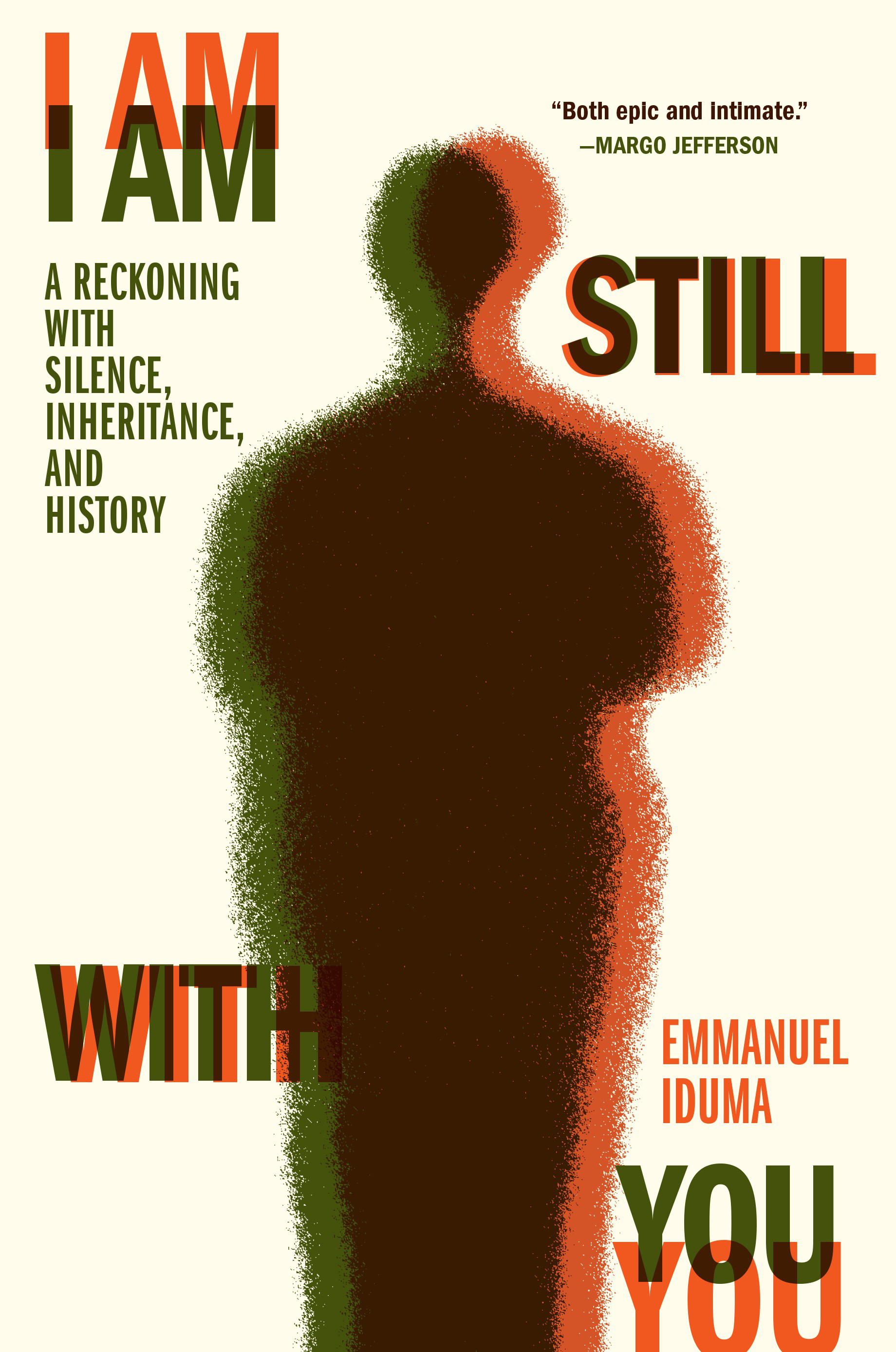
One
A year after I returned home, Lagos erupted in protests.
I checked the news every waking hour throughout those unsettled weeks of October 2020, gathering details of arrests, of ill-fated spectators hit by stray bullets, and of roadblocks set up by roving groups of begrudged young people. I understood enough of the demands being made by the protesters–for the government to disband the Special Anti-Robbery Squad, a police unit known for extrajudicial killings–to know that I sympathized with the movement. And yet during the first week of the protests, my lack of productivity hovered over my desk like an albatross. One evening, my wife Ayobami and I drove to join the crowd. It was by now the second week. Looking back, I realize I had agreed to venture out only because I could be of no use to myself otherwise, as if moved by irritability and not curiosity.
We parked behind a long row of cars two kilometers from a toll area and began to walk. The highway was full of a steady stream of people who, for the most part, seemed younger than we were. It was a popular opinion in the commentaries we read, and we could now attest, that this was an uprising by a generation born after or just before Nigeria’s return to democratic rule in 1999. They have vague or no memories of military dictatorships–unlike I do, such as of a morning in early 1998 when I was stung by residue of tear gas while crossing the road to run an errand, a definitive warning against taking to the streets in protest in my childhood and thereafter.
Approaching the tollgate, we saw clusters of idle protesters, sitting on barricades or on car hoods. Some blared music from their cars, dressed in singlets or miniskirts. The mood was exuberant; apathy toward the government had become a cause célèbre. One barricade had been spray-painted with careful serifed lettering: CHANGE IS COMING. A woman distributed food from a sack, for free, and she was given the most attention of anyone we’d seen by a small group of disheveled teenagers. There was a larger group in front, and a speaker who had mounted a concrete platform led them in a chant against the Special Anti-Robbery Squad: “End SARS now!” But the group seemed listless and responded with little vigor, kept their expressions blank, or chatted among themselves. It hadn’t been like that all day, if we judged from the aerial photographs circulating online, of a surging, innumerable crowd on either side of the toll area.
We had gotten there a little after sunset, twelve hours after the beginning of the day’s sit-in. Now all we saw–the only time we mustered the resolve to go outside–was the husk of a decisive moment. Despite this, when we returned home and I thought of the travels I’d undertaken months prior, I was convinced of what was set off in me: the lingering sense of being enfolded in a sequence of histories and inequities larger than all of us.
––––––
Before the protests, I’d visited my older brother, Emeka, in Abuja, the capital city. Two years my senior, he and his wife have two sons. I usually saw him each time I had the opportunity; I’d go to him in Abuja or pass the night in his hotel room if he was in Lagos for work. During our most recent time together, I noticed his new quirks, particularly in how he carried himself as a father: spanking the older boy, named after our father, and feeding the younger boy, named after me. Some days, I was surprised by the chill of the mornings, even before it rained. I’d take in the views of the surrounding rocks, the distant line of trees. The red earth, the wide roads, the occasional bumps, the smell of roasted corn.
I told him, on the day I arrived, that I would like us to speak about our family’s tragedy during the Nigerian Civil War.
The war began on July 6, 1967, after a year and a half of cataclysms. In 1966, Nigeria had been an independent country for six years, and its three largest ethnic groups–the Hausas in the North, the Yorubas and Igbos in the South–had been faultily amalgamated, together with up to three hundred other groups, within borders created during British colonial rule. Two coups d’etat preceded the war, the second, led by soldiers of northern origin, to counter the first. In the bloodletting of the July 1966 countercoup, nearly thirty thousand people were killed in pogroms in the Northern Region.
Most of the assailed were Igbo; what had begun as a mutiny by northern units of the Nigerian Army was now a popular uprising against Igbos and others belonging to the smaller ethnic groups around southeastern Nigeria. Hundreds of thousands of Igbo survivors returned to their ancestral homelands in the Eastern Region, whose government proclaimed its independence as the Republic of Biafra. Then the federal government declared war, referred to as a “police action,” to keep the country one. The military officers who led each side–Biafra’s Chukwuemeka Odumegwu Ojukwu, Nigeria’s Yakubu Gowon–were in their midthirties. Boys, some barely teenagers, volunteered to fight for the breakaway republic. They imagined a nation formed by revolutionary struggle, free from the persecution of the Hausa ruling class and its British allies. Many of the casualties of the war, as it dragged out for another thirty months, were children. In September 1968, the International Committee of the Red Cross estimated that almost ten thousand people were dying daily from starvation caused by Nigeria’s blockade of Biafra.
An entire generation was wrenched from the future.
All three of my father’s older brothers fought in the war. When it ended on January 15, 1970, the second-oldest was unaccounted for. It is yet unclear exactly how old he was when he enlisted in the Biafran Army and went to the front. He did not return home, as his older and younger brothers did. I have never seen a photograph of him and cannot tell what he looked like.
What is the story of his life, since he died so young and left nothing behind?
I must have learned about the war for the first time as a preteen, or even as a younger boy, when my father told me he’d named me after his disappeared brother. Since then, I have sometimes felt that anytime my name is called, I echo a gesture once his. If that is true, then perhaps I can find out what happened to him.
The ignorance is not mine alone. Not many in my generation of Nigerians, thirty-five and under, can speak of the war beyond the cursory summation that it is an event of the past. We were not taught the conflict in primary or secondary school, and came to it through the anecdotes of family members who lived through it. We are a generation that has to lift itself from the hushes and gaps of the history of the war. Some, like me, have confronted that history by sleuthing, buying dozens of books to uncover the causes and consequences of the traumatic events. And some, stoked by the propaganda of a group known as the Indigenous People of Biafra, or IPOB, the most prominent among the current wave of pro-Biafran agitators, clamor for another secession. Their key argument is that Igbos, and all those who make up “Biafraland,” are still as victimized as they had been in the lead-up to the war.
The books published about the war, by memoirists on either side–most of which are self-published and available only in a handful of local bookstores–are written from the perspective of those who survived, those who can reflect on its horrors. The dead, voiceless, keep to themselves.
***
Read the full excerpt and buy I Am Still With You here: Amazon
Excerpt from I AM STILL WITH YOU published by Algonquin Books. Copyright © 2023 by Emmanuel Iduma.


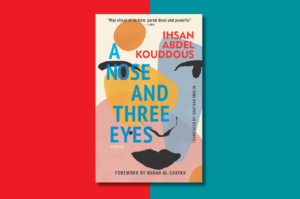
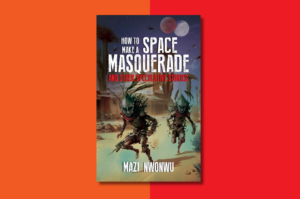
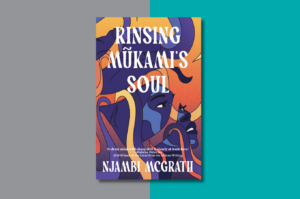
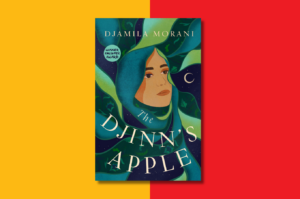
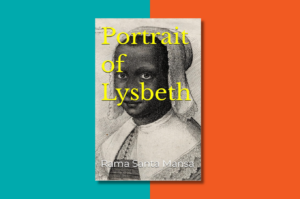
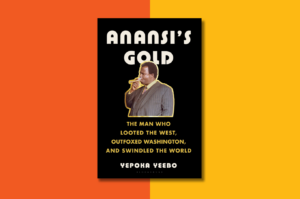

COMMENTS -
Reader Interactions